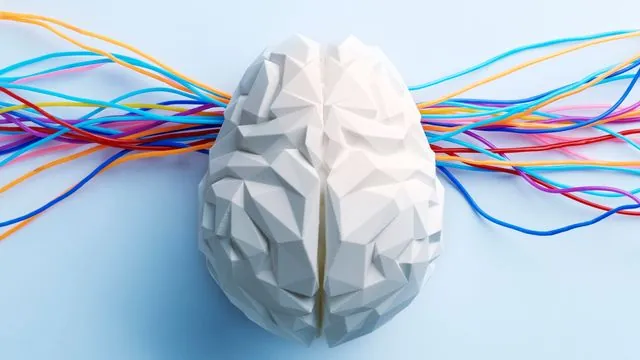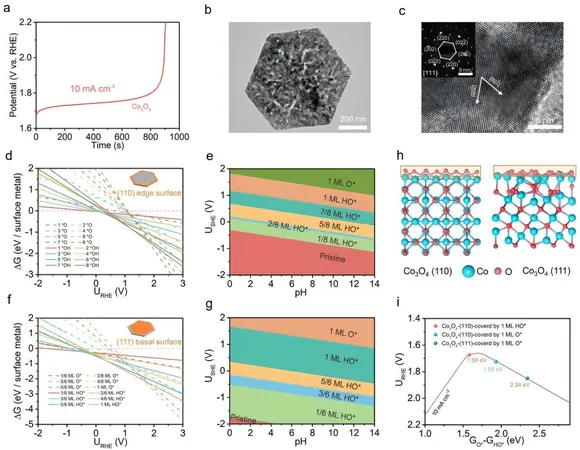
Unlocking the Secrets of Altruism: The Role of the Basolateral Amygdala
2025-04-15
Author: Nur
Is Your Brain Wired for Kindness?
Ever wondered why some people are naturally altruistic while others seem more self-centered? A groundbreaking study reveals the astonishing role of the brain's basolateral amygdala (BLA) in regulating our willingness to help others. Researchers from Heinrich Heine University Düsseldorf, in collaboration with institutions from Lausanne, Utrecht, and Cape Town, have uncovered fascinating insights into how this part of the limbic system influences our prosocial behaviors.
The Human Connection: Understanding Altruism
Prosocial behavior—our innate drive to aid others—forms the backbone of human relationships. But the underlying neuronal mechanisms that drive this behavior vary significantly with social contexts. The question remains: How does our emotional attachment to others shape our altruistic tendencies?
A Unique Opportunity: Studying a Rare Condition
To tackle this complex question, a unique opportunity arose in South Africa. Professor Dr. Tobias Kalenscher, leading the 'Comparative Psychology' research team at HHU, described working with a group of patients diagnosed with the rare Urbach-Wiethe Disease. This condition selectively damages the BLA while preserving other brain functions, offering a rare window into the workings of altruism.
Experimenting with Generosity: The Dictator Game
The team engaged these participants in a series of 'dictator games,' a classic experiment in game theory. Individuals were asked to decide how to allocate real sums of money among themselves and others—friends, acquaintances, and complete strangers. What they found was nothing short of enlightening:
Conditional Compassion: The Findings
While individuals with BLA damage were generous toward those they emotionally connected with, their behavior shifted dramatically with less familiar individuals, showing a marked increase in selfishness. This led researchers to conclude that the BLA isn't essential for altruism itself; rather, it calibrates how generous we are based on our emotional proximity to others.
Implications for Understanding Social Behaviors
Luca M. Lüpken, a doctoral researcher at HHU, emphasizes that the amygdala regulates when and how we choose to act altruistically. These findings shed light on not only the biological roots of our social behavior but also provide a framework for understanding conditions like autism and psychopathy, where social decision-making often diverges from typical patterns.
Looking Ahead: Future Therapies for Social Behavior
Professor Kalenscher highlights the broader implications of their findings: "Social decisions are shaped not just by upbringing and culture but are deeply rooted in our brain's mechanisms. In the future, we may be able to develop targeted therapies to help individuals struggling with social behavior navigate their decision-making processes more effectively."
Conclusion: Bridging Neuroscience and Everyday Life
This enlightening study emphasizes that while kindness may seem like a choice, it is intricately linked to our brain functions. As we decode these mechanisms, we draw closer to understanding the essence of human connection and the myriad factors influencing how we interact with one another.





 Brasil (PT)
Brasil (PT)
 Canada (EN)
Canada (EN)
 Chile (ES)
Chile (ES)
 Česko (CS)
Česko (CS)
 대한민국 (KO)
대한민국 (KO)
 España (ES)
España (ES)
 France (FR)
France (FR)
 Hong Kong (EN)
Hong Kong (EN)
 Italia (IT)
Italia (IT)
 日本 (JA)
日本 (JA)
 Magyarország (HU)
Magyarország (HU)
 Norge (NO)
Norge (NO)
 Polska (PL)
Polska (PL)
 Schweiz (DE)
Schweiz (DE)
 Singapore (EN)
Singapore (EN)
 Sverige (SV)
Sverige (SV)
 Suomi (FI)
Suomi (FI)
 Türkiye (TR)
Türkiye (TR)
 الإمارات العربية المتحدة (AR)
الإمارات العربية المتحدة (AR)